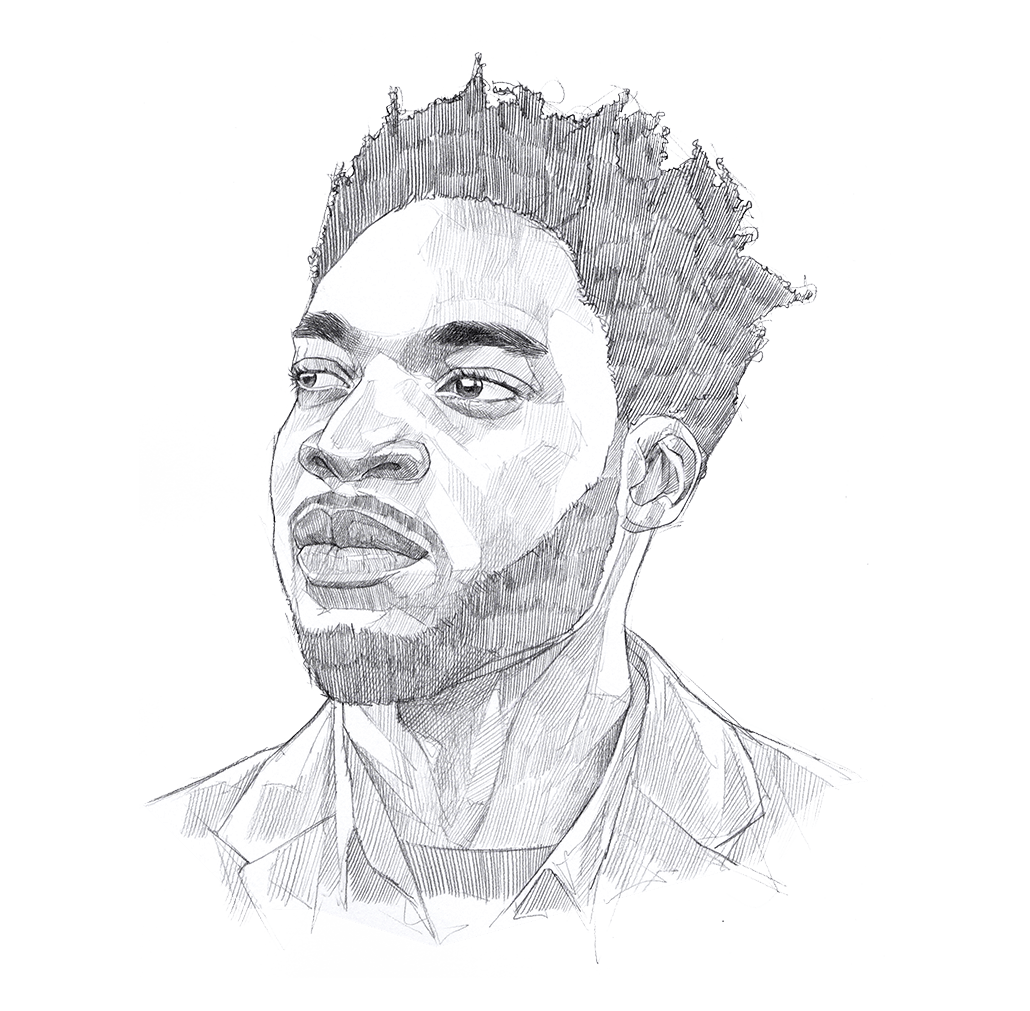Canada/USA/UK (Settler)
When a student discloses or reports, there needs to be something there that people can point to, or students can say, “on the website is… ” but in particular, staff or faculty can say, “here…
I think with both my mom and dad there is a disconnect in their understanding of sexual assault. You know, when there is cases and stuff like that on TV, you know, they say stuff…
Typically, well, men, the male demographic, are the respondents more often than [unclear]. Sexual harassment reports well – sexual harassment experienced by the male demographic usually doesn’t get reported or anything like that. [unclear] is…
I think you need to have big ears and a big heart. Its about listening, like, active listening, not just listening – letting that person tell their story the way that they want to. Um,…
Participant 1: I’m going to add something directly to what you just said about how it’s discouraged to talk to the police. I agree with that because when I went through this with my friend…
I don’t know how well this [policy] actually works in letting people know that there’s a safe environment for them where it is a non-judgmental. Like, I get that forms are out there and that…
My first one is, who creates the policy? Um, there’s been a lot of debate at Saint Mary’s about who should actually be creating the policy and like, is this group pre-made? Does it pop…
Participant 1: The support person should be honest about what they can provide and what they can’t provide. Maybe they are being triggered themselves and really can’t be there, and as difficult as that would…
Participant 1: It would make a world of difference for a lot of people to hear, “I support whatever choice you make; these are your choices, it’s okay to do that.” Not, “you should,” necessarily,…
I think the most important thing to think about before you speak to someone who has been recently assaulted is to avoid having a judgmental or non-believing attitude. […] I think for them [the survivor]…

